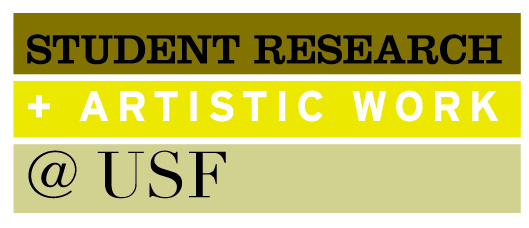Major
International Development Economics
Research Abstract
India has a backlog of an estimated 1,000,000 patients in need of cleft lip and palate repair. Unrepaired clefts result in social stigma and diminished psychological well-being, physical health and academic functioning. Cleft repair surgery has the potential to restore functioning in these domains. However, the magnitude of the social, educational, and economic impact of cleft repair surgery has not been evaluated using statistically rigorous methods. An estimation of the psychosocial and educational impact of cleft repair has implications for the appropriate allocation of public health resources. We use data gathered from teenagers in India. A difference-in-differences method is employed to compare the life outcomes of teens who had cleft repair surgery to their nearest age (non-cleft) siblings and in turn compare this difference to the difference between those teens who did not have access to the surgery at a young age and the life outcomes of their own siblings.
Faculty Mentor/Advisor
Bruce Wydick
Included in
The Impact of Cleft Lip and Palate Repair Surgery on Cognitive and Academic Outcomes for Teens in India
India has a backlog of an estimated 1,000,000 patients in need of cleft lip and palate repair. Unrepaired clefts result in social stigma and diminished psychological well-being, physical health and academic functioning. Cleft repair surgery has the potential to restore functioning in these domains. However, the magnitude of the social, educational, and economic impact of cleft repair surgery has not been evaluated using statistically rigorous methods. An estimation of the psychosocial and educational impact of cleft repair has implications for the appropriate allocation of public health resources. We use data gathered from teenagers in India. A difference-in-differences method is employed to compare the life outcomes of teens who had cleft repair surgery to their nearest age (non-cleft) siblings and in turn compare this difference to the difference between those teens who did not have access to the surgery at a young age and the life outcomes of their own siblings.



